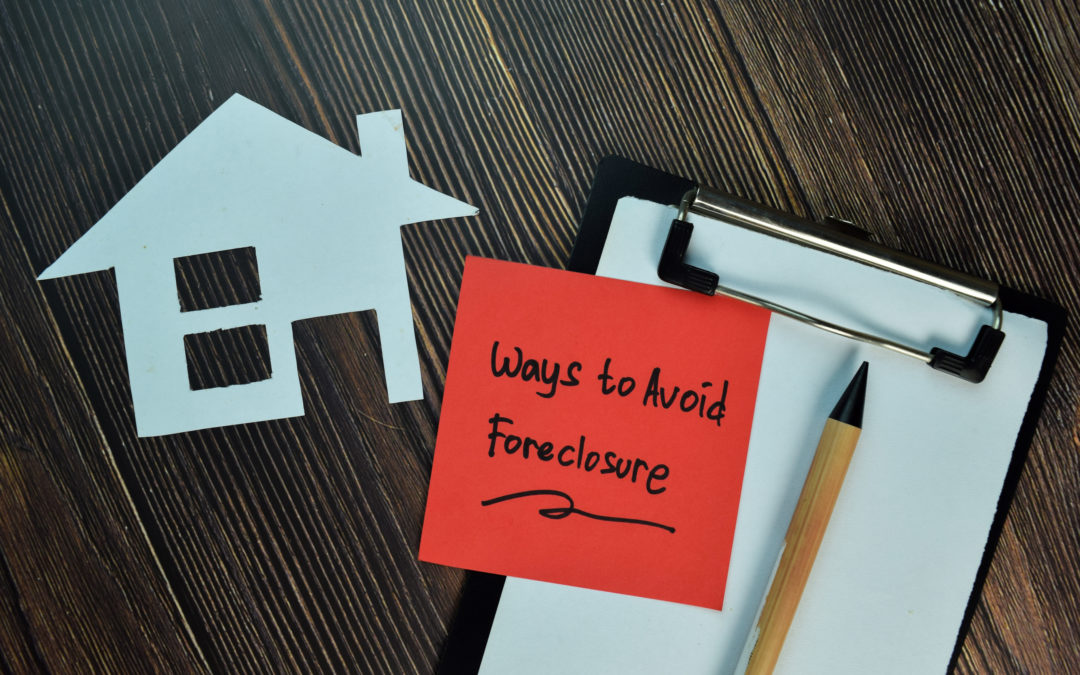Foreclosure is a legal process and there are ways to avoid foreclosure, even if the process has started. When your home lender begins the foreclosure process, they file a foreclosure lawsuit. In this blog, we go over three important ways to avoid foreclosure.
1. The Time Limit
The foreclosure process begins like many other lawsuits. You are served by a processor or sheriff and from the date, you are served, you have 35 days to make a legal response in New Jersey and just 20 days in Pennsylvania. . Doing nothing will not help you. During the time period allowed for your response, you can employ one or more legal options, such as a hardship application.
While the rules give you a limited timed to respond to the legal notice or summons, you may have more time than that if the lender’s legal team postpones filing an entry of default. But that it not common and you have no control over when the Plaintiff will enter default. It is much better to speak with a foreclosure attorney who is willing to review your case and explain your legal rights.
2. Never Do “Nothing” Because You Fear You Have No Options
First, foreclosure is very common, and it happens for a variety of reasons. An experienced foreclosure attorney can often help you save your home. The key is to find an equitable solution that benefits both you and the lender. We can help you file a hardship case if you’re a good candidate for it. The process involves explaining and documenting:
- Why you are behind on mortgage payments
- How that situation will change and when
- Outline a plan so that you either sell the house in a short sale or you and the lender reach a repayment plan that brings your loan back to a normal status.
Doing nothing is never a good option. When you do nothing to save your house, you could eventually lose it and all the equity. Also, consider that the problems you face may not be of your creation. An example would be a lender failing to apply payments that you made to your loan. We will look at your case, at your loan, and give you the best legal advice so that you understand your legal rights during the process.
3. Check for Due Process
In most foreclosure cases, the defendant is looking for a favorable solution that stops the foreclosure. In truth, most lenders want the same. Checking for due process means that your attorney will look at the legal process to make sure that the lender followed all the rules and regulations needed to file a foreclosure lawsuit. If they have not, there might be administrative reasons to stop it. That in itself may not make it go away, but it gives you time to work out a solution that gives you the best result.
Are You Facing Foreclosure & Need Assistance?
Facing foreclosure can be overwhelming. The attorneys at Keaveney Legal Group have decades of experience helping people navigate their options. Learn more about how the process works and what your rights are under New Jersey law. We help save people’s homes and are happy to evaluate your foreclosure case too. Contact us today for your free consultation!


